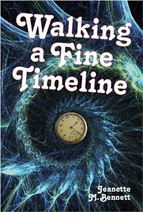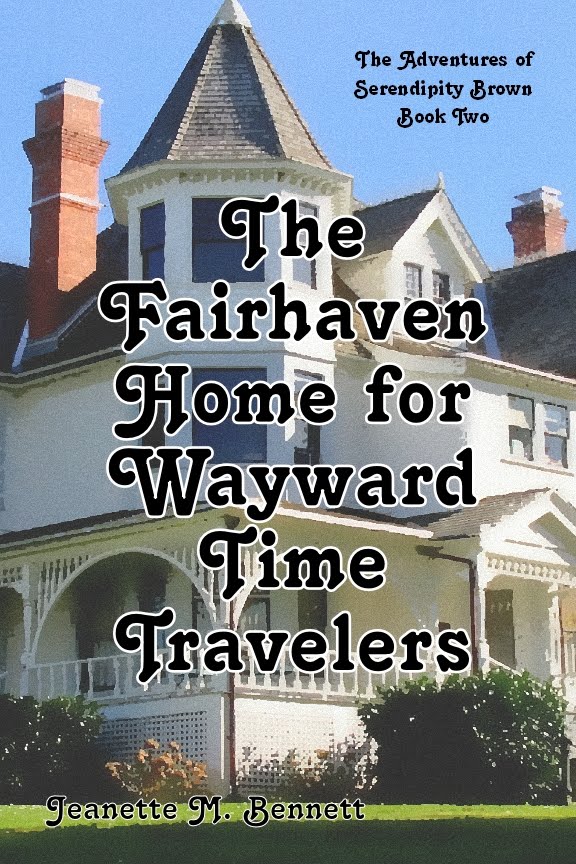 |
| Harriet Beecher Stowe House |
I was fortunate enough to make an appointment to interview her. Here is some of our conversation:
Howe: I understand your book, Uncle Tom’s Cabin, was this century’s best seller.
Stowe: No, that would be the Bible, sir. My book was the second best seller.
Howe: It must have made you rich.
 |
| Harriet Beecher Stowe |
Howe: How did you get involved in the abolitionist movement?
Stowe: That would be my father, Lyman Beecher. He was a Presbyterian minister. Several of my brothers followed in his footsteps. Father saw slavery as a sin. What good Christian could treat a fellow human being like an object?
Howe: So that is what inspired your book?
Stowe: That and my work with the Underground Railroad when I lived in Cincinnati. It’s just across the river from Kentucky.
Howe: You were in the Underground Railroad?
 |
| Josiah Henson |
Howe: No, I will have to.
Stowe: Henson was a run away that later helped other runaway slaves settle in Canada. After my book he republished his as The Memoirs of Uncle Tom. Apparently he approved of my book. I was also inspired by the work American Slavery As It Is: Testimony of a Thousand Witnesses. I mentioned them both in my book A Key to Uncle Tom’s Cabin.
Howe: A sequel?
Stowe: No. It was non-fiction. After Uncle Tom’s Cabin came out, many said I made the whole thing up, that slaves were treated kindly by their masters who treated them like family. Poppy-cock! My novel may have been fiction, but it was all based on true stories. I wrote the book to site my sources. So then people started writing anti-Tom stories.
Howe: Replacing the passive figure of Uncle Tom with a hero more assertive?
 |
| Dred - first edition |
Howe: Tom doesn’t sound like a betrayer or coward to me. Was there any final event that galvanized you to write Uncle Tom’s Cabin?
Stowe: Yes! It was when Congress passed that dreadful Fugitive Slave Law, making it illegal for anyone anywhere to assist runaway slaves. That was in 1850. I was so angry. It was bad enough these evil men had no Christian charity in their souls, but to try to force others to abandon their fellow men? I wanted people to break the law and help runaways. So I started writing a serial for the abolitionist journal New Era. I wanted to subtitle it The Man That Was A Thing but the editors changed it to Life Among the Lowly. It became so popular John Jewett wanted to publish it in book form. I didn’t believe it would sell that well, but I agreed. I was shocked at how well it sold.
Howe: Everyone agrees the book did spur the anti-slavery movement.
Stowe: Before when you heard about slavery, it was just something that happened to some other people. I wanted to put a face on it. Make people feel what the slaves felt.
Howe: Yes, a bit like the Diary of Anne Frank.
Stowe: Who?
Howe: Erm...Dutch girl in the...erm...war. I say, you must have made quite a bit of money in those stage productions of Uncle Tom’s Cabin.
Stowe: Sir, I did not authorize any of those. I refused! Father taught us never to trust drama. From what I understand those shows put on anything they liked. Some made the characters look like clowns, turned it into a farce. Some are even pro-slavery! All right, I will admit I did attend George Aiken's adaptation. It did follow the book somewhat and kept my message intake. I thought Caroline Howard did a marvelous Topsy.
Howe: Yes, Topsy. The ignorant pickaninny.
Stowe: Yes, Topsy was ignorant. She was taken away from her mother so young she doesn’t remember her. She has no family, just herself. She is a tragic figure and shows the disregard slave owners had for the sanctity of family. I hate it when they show her as happy-go-lucky. She is a ragamuffin who was treated little better than an animal. Is it any wonder she is cynical?
 |
| Uncle Tom's Cabin by Anna Blunden showing Eva and Topsy |
Howe: Yes, I suppose she is a tragic figure at that.
Stowe: I know many have criticized my book. They say it’s too sentimental. It’s too melodramatic. That the slaves and the women in it are too passive. It may not be perfect...but it made a lot of people think twice about slavery. If I had any hand in its abolishment, then I am very proud.
Howe: I think you also inspired something called protest literature, novels pointing out social problems.
Stowe: That would be good, too
Mrs. Stowe and I talked for awhile more. I could see she was tiring and I did not wish to overstay my welcome. I thanked her for the interview and for the honor of meeting her. She is a most humble and charming woman.
A hundred years from now (1891) a novel like Uncle Tom’s Cabin would have been laughed at for being too melodramatic, for having characters too stereo-typed, for being too preachy. But this is the Victorian Age. The book made people cry and get angry and take action. For that reason alone, Uncle Tom’s Cabin deserved to be this century’s best seller.
Short documentary on Uncle Tom’s Cabin




Excellant Interview! Love your Blog!!!
ReplyDeleteIt does look like a good book. Technically Colson Whitehead's book is fiction (it's why he says "A Novel"), but like Stowe's book it looks like it has more truth than fantasy. It was apparently written to make you think rather than just spew facts at you.
ReplyDeleteI recently read an interesting pure history book by Patricia and Frederick McKissack called "Black Hands, White Sails: The Story of African-American Whalers". A surprising number of sailors were African-Americans and they formed an important "line" on the Underground Railroad. It turns out many routes to freedom were by ship as the sailors helped runaway slaves. It's technically a kid's book, but it had a lot of Black history I had never heard of.